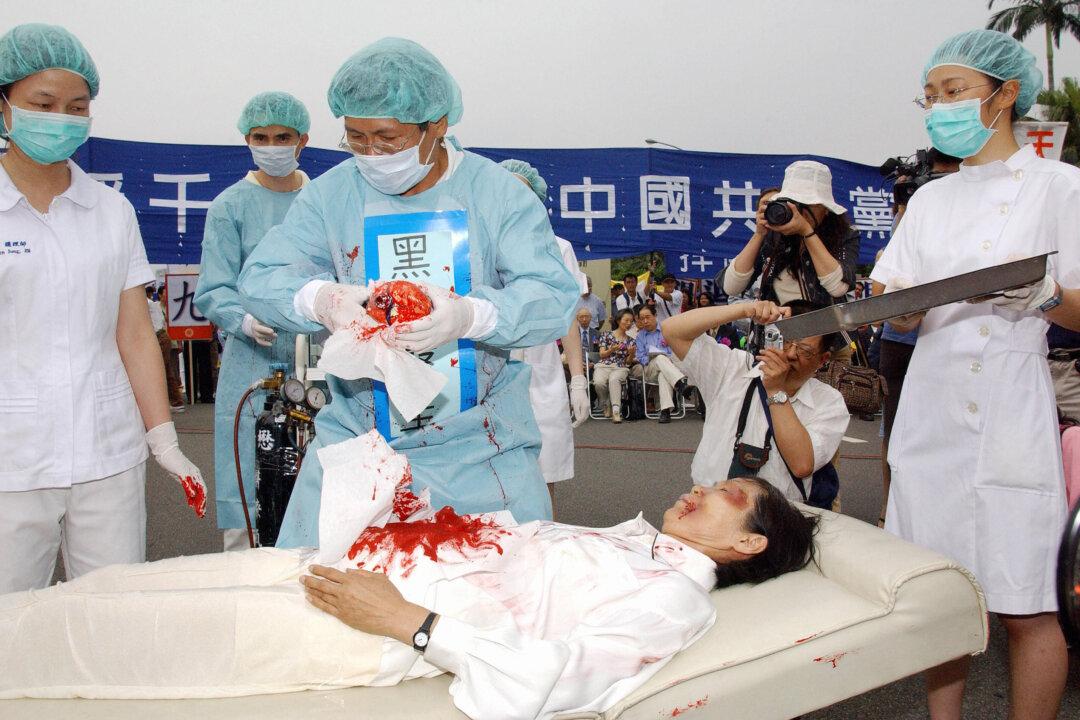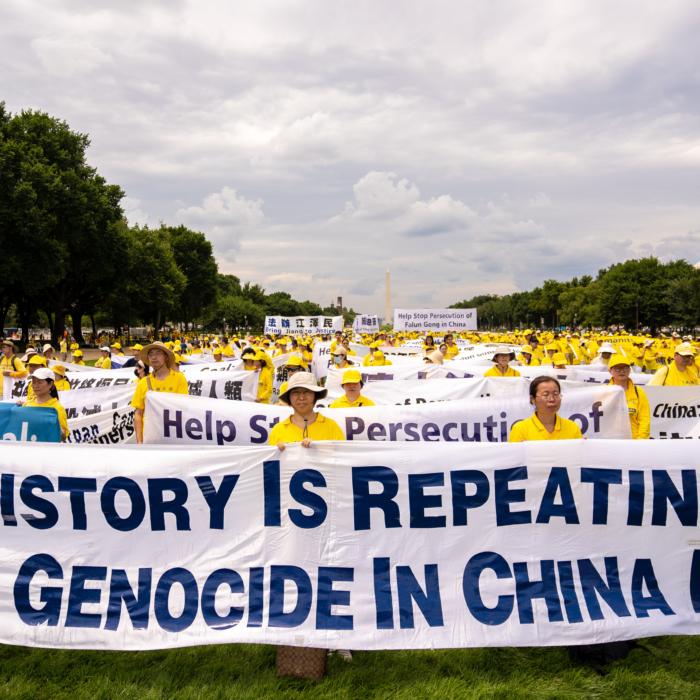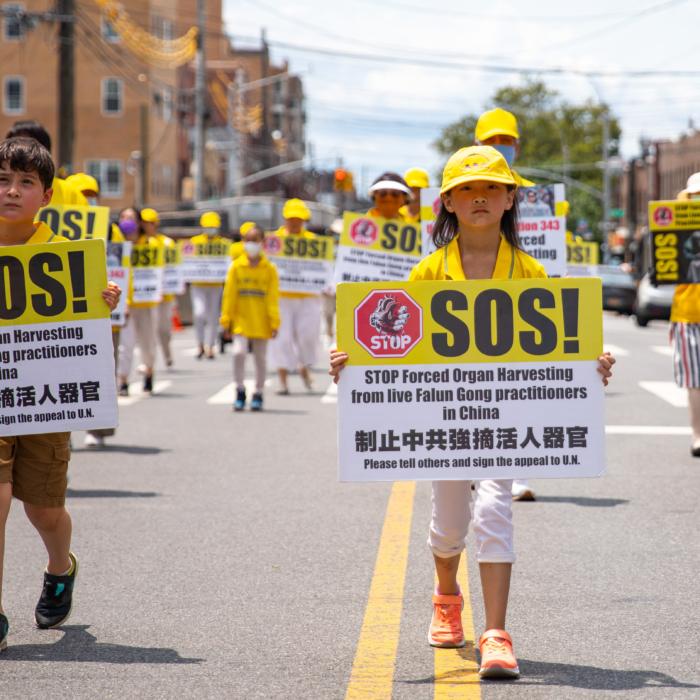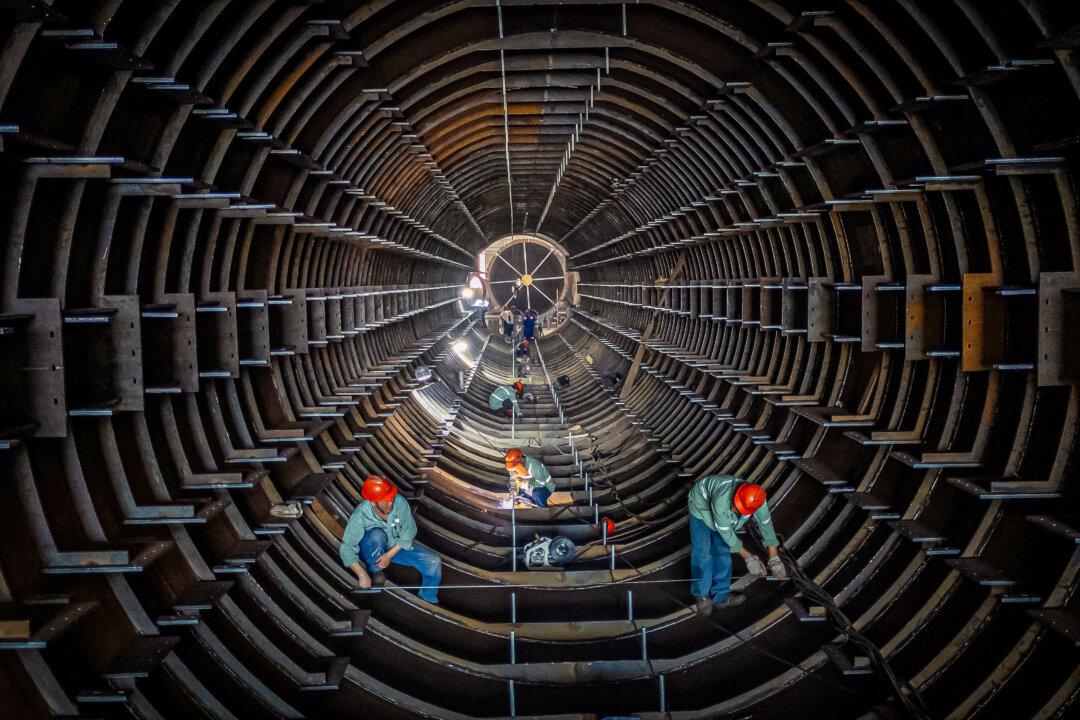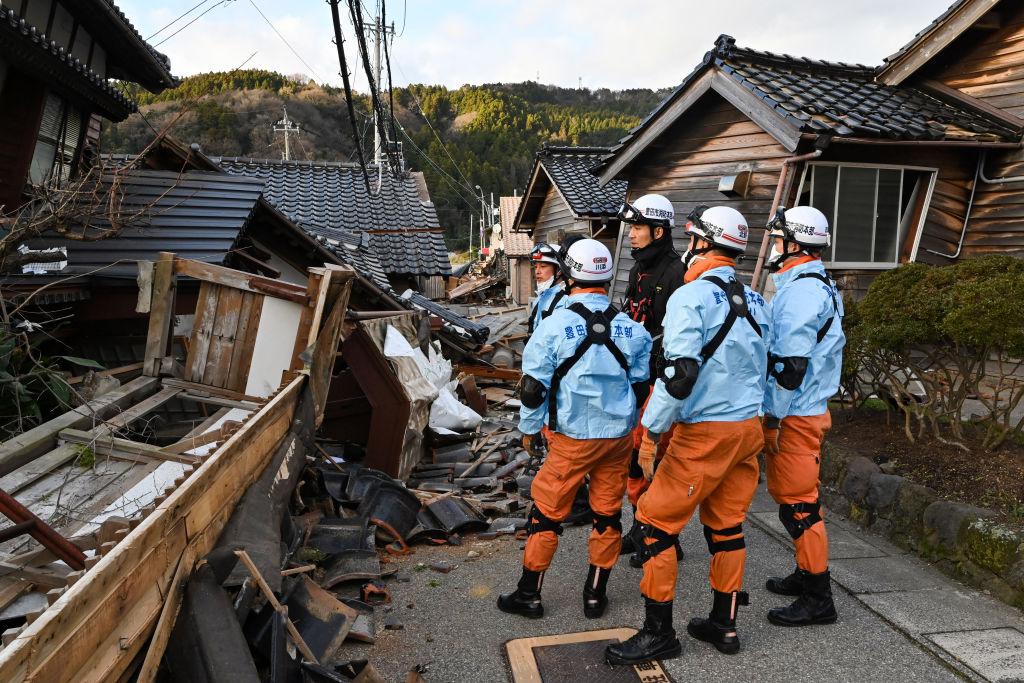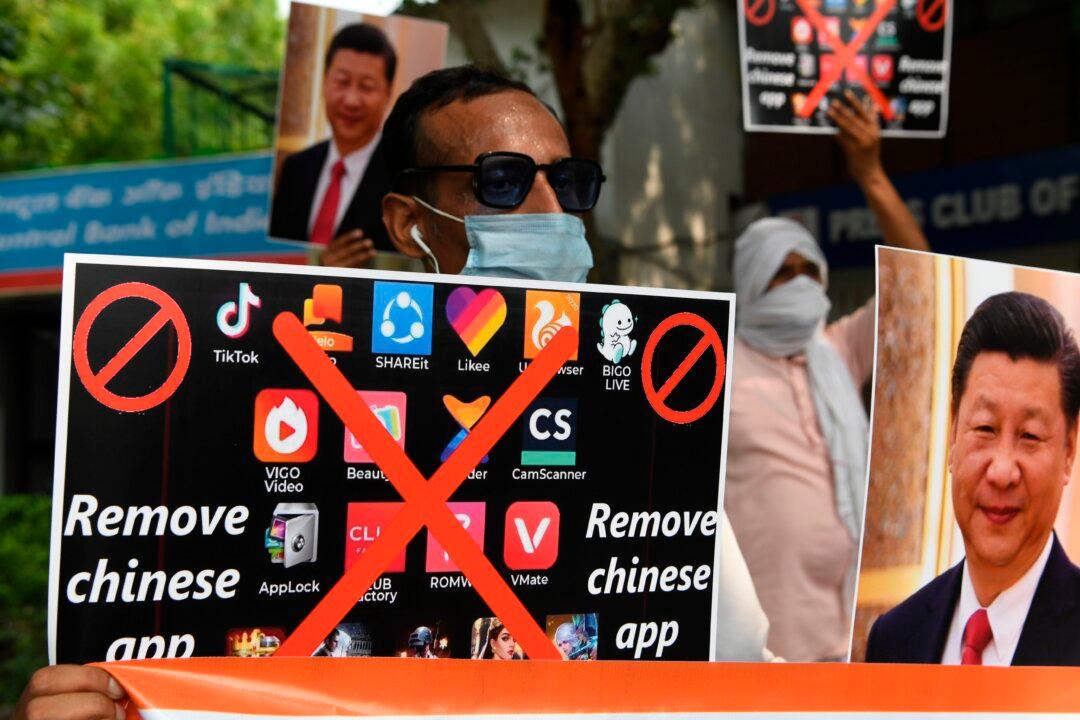China recently claimed that it intends to promote international exchanges and cooperation in the field of organ donation and transplantation among Belt and Road Initiative (BRI) countries. The statement raised concern among China observers, who believe that the regime’s real agenda is to spread its practice of forced organ harvesting.
The 7th China-International Organ Donation Conference and the Belt and Road Initiative International Cooperation and Development Forum on Organ Donation and Transplantation was held in Nanning, Guangxi Province from Dec. 8–10. At the conference, Chinese authorities announced that China has ranked second in the world and first in Asia in organ donation and transplantation for seven consecutive years.
In an interview on the sidelines of the conference, Dr. Huang Jiefu, chairman of the Human Organ Donation and Transplantation Committee, told Chinese state media that China would promote international exchanges and practical cooperation in organ donation and transplantation among BRI countries on the basis of the model of “mutual consultation, mutual construction, and mutual sharing.”
On Sept. 28, 2005, Dr. Huang demonstrated an autologous liver transplant at the First Affiliated Hospital of Xinjiang Medical University. In order to minimize the chances of failure, Dr. Huang asked for three spare livers, one prepared by the hospitals affiliated with the medical universities in Guangzhou, one from Chongqing, and one from Xinjiang.
After 15 hours of surgery and 24 hours of post-transplant observation, Dr. Huang declared the surgery a success and the spare livers were no longer needed.
For three spare livers to be ready for use before the transplant and in stand-by status for 39 hours, they likely came from living people, as livers can’t be preserved in a hypothermic state for more than 12 hours.
China is also currently providing extensive training for organ transplant doctors across the country.
The Organ Transplantation Institute of Tongji Hospital in Wuhan issued a notice on Dec. 4 to recruit and train surgeons in heart, liver, kidney, and pancreas transplantation. Each year, the institute will train four heart transplant surgeons, six liver transplant surgeons, 16 kidney transplant surgeons, and three pancreas transplant surgeons. The training period is 12 months.
Similar notices were issued by China Organ Transplant Development Foundation, the First Affiliated Hospital of Xi'an Jiaotong University, Sun Yat-sen Memorial Hospital of Sun Yat-sen University, Xiangya No. 2 Hospital of Central South University, Beijing Friendship Hospital affiliated with Capital University of Medical Sciences, and the Organ Transplant Center of West China Hospital.
Lai Jianping, who holds a Master’s degree in international law from the China University of Political Science and Law, told The Epoch Times that forced organ harvesting has been covered up in China because there is no freedom of speech and no freedom of the press under the CCP rule.
The life and health of the powerful and wealthy in China have become a condition that gives them the privilege to override the lives of other people and the CCP has used this to industrialize organ transplants in China, Mr. Lai said.
Missing Students
On Oct. 14, 2022, a 15-year-old high school student named Hu Xinyu from Zhiyuan Middle School in Shangrao City, Jiangxi Province, mysteriously disappeared from his campus and his body was later uncovered. Local residents revealed that a high-ranking official with a rare blood type had fallen seriously ill, and Hu Xinyu’s blood type happened to match, leading to suspicions that this might have been the real reason for his disappearance.Following this, there were reports of over ten cases of middle and high school students going missing in Hubei, Jiangxi, Guangdong, and Henan provinces, sparking concerns about the illegal trafficking of human organs.
“The case of Hu Xinyu’s disappearance and death is a typical example of the strange disappearance of many Chinese students, and people are suspicious that they may have been victimized by live harvesting. This is a cruel reality that exists in China,” Mr. Lai said.
China watchers fear that the CCP’s Belt and Road Initiative model of promoting organ transplants could lead to more countries being implicated in the CCP’s crime of forced organ harvesting.
On Nov. 28, a ruling by the Tokyo District Court in Japan revealed that at least 100 Japanese people were unknowingly involved in such crimes.
Hiromichi Kikuchi, an organ transplant broker, was sentenced to eight months in prison for violating the Organ Transplant Law. He admitted that he had referred about 170 people for transplants over the past 20 years, 90 percent of which were conducted in Chinese hospitals.
In 2007, when Mr. Sugawara’s friend’s brother went through a broker to have a liver transplant at the Armed Police General Hospital in Beijing, Mr. Sugawara was entrusted with delivering a protein drug that was needed before the surgery.
The man was unconscious and lying on the bed. The doctor told Mr. Sugawara that the man was a 21-year-old Falun Gong practitioner who had been sentenced to death. The tendons in the donor’s hands and feet had been severed, and the doctor explained that it was “to prevent escape and to prevent the donor’s muscles from tensing up and affecting the quality of the organ when it was removed.”
Mr. Sugawara said, “My friend’s brother died during the operation, and of course the person whose organs were harvested also died, and I don’t know what happened to his body.”
What he said sent shockwaves across Japan. Hiroaki Maruyama, a member of the Kanagawa City Council in Amago, told Daiki that legislation is needed to ban organ transplants in countries like China, a country that brazenly violates human rights.
